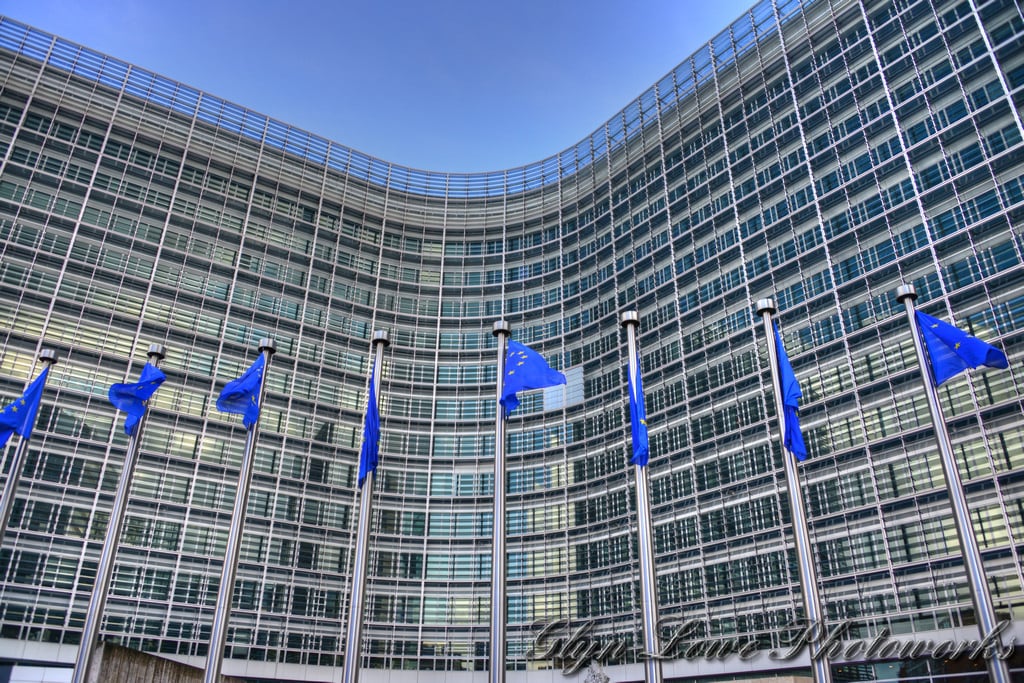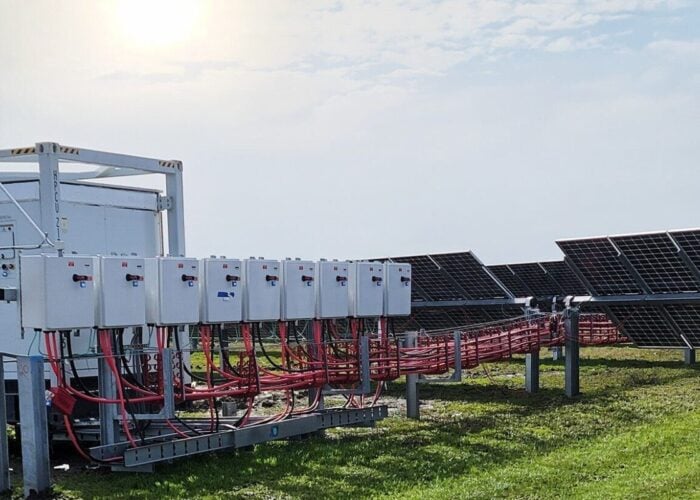
The European Parliament has backed plans to increase the European Union’s (EU) renewable targets as it grapples with the fallout of the war in Ukraine and the rampant energy crisis.
On Wednesday (14 September), Members of the European Parliament (MEPs) voted to raise the share of renewables in the EU’s energy mix to 45% by 2030 under the revision of the Renewable Energy Directive (RED). This is up from the 40% agreed in June of this year, which itself had been revised up from a 32% target.
Try Premium for just $1
- Full premium access for the first month at only $1
- Converts to an annual rate after 30 days unless cancelled
- Cancel anytime during the trial period
Premium Benefits
- Expert industry analysis and interviews
- Digital access to PV Tech Power journal
- Exclusive event discounts
Or get the full Premium subscription right away
Or continue reading this article for free
The target has also been backed by the European Commission, the executive arm of the EU, as part of its REPowerEU strategy, which is targeting 320GWac/400GWdc of solar PV by 2025 and almost 600GWac/740GWdc by 2030, although this is still short of what some states and industry organisations have called for.
That strategy, which is at risk from absent EU PV manufacturing, and yesterday’s announcement have come on the back of the war in Ukraine and subsequent tensions with Russia that has seen the closure of the crucial Nordstream 1 pipeline, with much-anticipated Nordstream 2 also scrapped.
The invasion promises to fundamentally reshape Europe’s energy apparatus and a report published yesterday (14 July) from the United Nations Economic Commission for Europe’s (UNECE) report, prepared in conjunction with Renewable Energy Policy Network for the 21st Century (REN21), urged Eastern European and Central Asian nations to ramp up their deployment rates in light of recent events.
The halting of Russian gas imports to Europe, which got as much as half of its gas from Russia alone, has exacerbated a region-wide energy crisis, with individual member states and the wider EU scrambling to mitigate the situation through ramping up renewables deployment and other measures, in some cases greater fossil fuel extraction.
Just yesterday, the EU proposed measures that would see solar PV plants across the EU be subject to a temporary revenue cap under new proposals aimed at helping energy consumers reduce their bills. Others have suggested a windfall tax on actual profits of renewable companies, which are broadly faring very well in the current crisis.
“Only the expansion of renewable energy means true independence. We strongly support the increased 2030 target of 45%,” said Markus Pieper, lead MEP on the renewable energy directive, who also called for greater cross-border cooperation to expand renewables deployment.
Indeed, as part of the proposals, every EU member state will have to develop two cross-border projects for the expansion of clean power but those with an annual electricity consumption of more than 100TWh will have to develop a third one by 2030.
Disparity within and between member states’ renewables capacity has also given rise to fears that the energy transition will leave behind certain communities that have historically survived from work in the fossil fuel sector. Given this, the European Investment Bank (EIB) has agreed to provide €10 billion (US$10.1 billion) in support to regions most affected by the transition.
Finally, the new legislation also defines “sub-targets” for different sectors such as transport, buildings and district heating and cooling. For the transport sector, deploying renewables should lead to a 16% reduction in greenhouse gas emissions, the proposals said, while industry should boost its use of renewables by 1.9% per year, and district heating networks by 2.3%.
The text was adopted with 418 votes in favour, 109 against and 111 abstentions. MEPs and the Czech Presidency of the Council will now enter into negotiations on the proposals.






